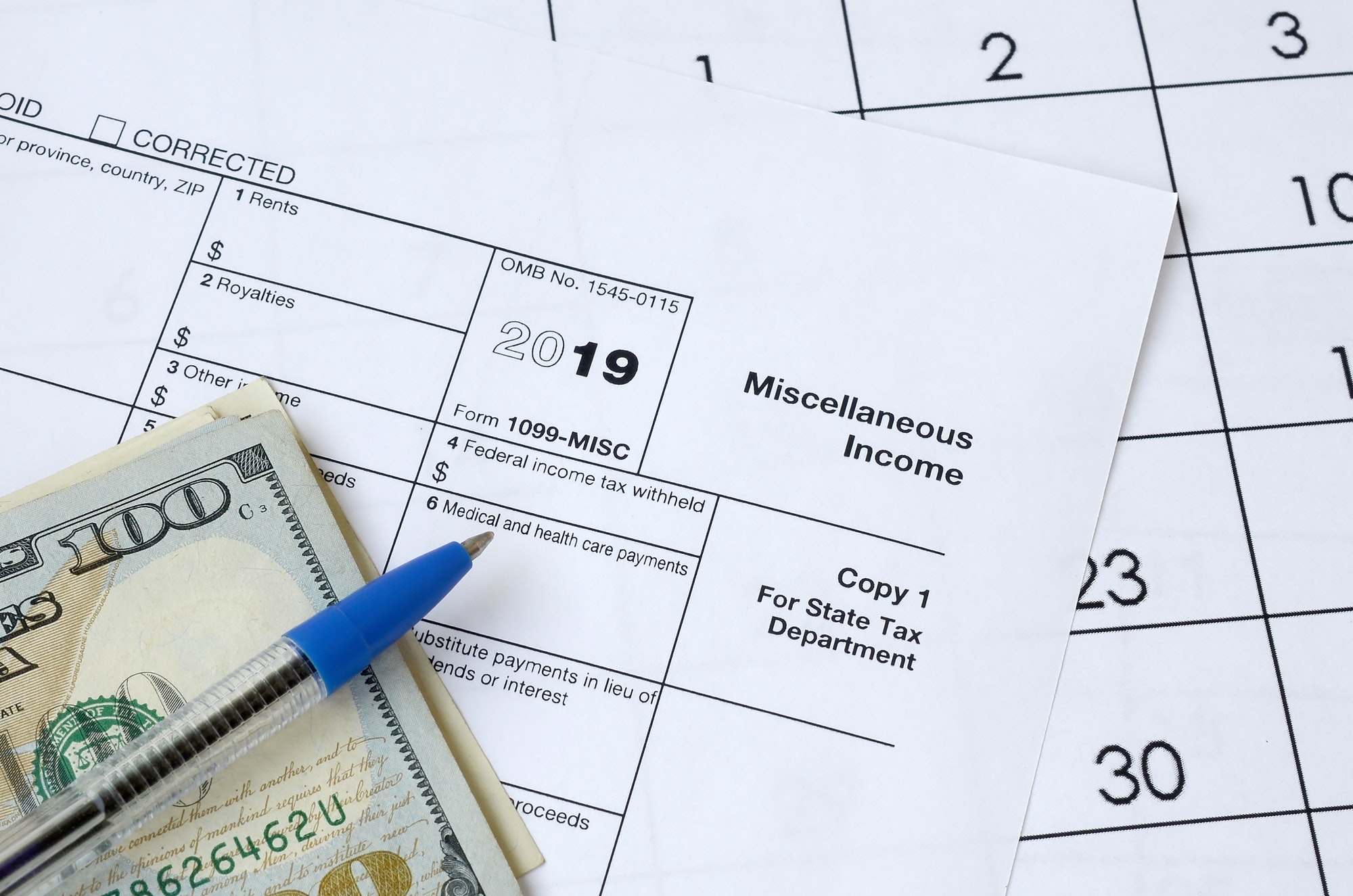If you have received a foreign gift or inheritance from a foreign person or entity, or are the beneficiary of a foreign trust, the IRS may require you to file a 3520 Form on your tax return. You may be required to file a 3520 based on the nature of your foreign gift or trust. However, these rules are complex & for this reason, we normally recommend clients to overcomply rather than undercomply. Now, the IRS does not offer an official way to file a Protective 3520 Form. Depending on the unique taxpayer situation, the penalties for a late filed 3520 can be quite severe. For example, the IRS can tag on a $10,000 penalty for each form not filed.
If you’re planning on sending or receiving a foreign gift or opening a trust in the near future, let’s talk about ways you can work with your tax attorney and/or CPA to avoid any costly penalties.
What is a 3520 Form?
It’s a foreign gift tax form used to report information surrounding foreign gifts or trusts required under Internal Revenue Code (IRC) section 6048. Also, many foreign retirement plans, pensions and social security trusts can be considered a foreign trusts by US tax law.
If you have done any of these things since you last filed your taxes, you need to file a 3520 Form:
- Transferred money or property to a foreign trust
- Received any money or foreign gifts from a non-US citizen
- Became the owner of a foreign trust under IRS sections 671 through 679
- Became the executor of the estate to someone who has received a foreign gift or trust
- Received a gift over $100,000 or a foreign estate or gift over $15,671
Non-U.S. trusts and their beneficiaries will always be subject to stricter tax laws. It’s vital that you work closely with your tax attorney to know which forms you have to file in order to avoid penalties.
How to Avoid Late File Penalties
Become 3520 Compliant
One of the toughest parts of becoming IRS compliant is understanding whether or not you’re actually required to file certain international reporting forms. Working with your tax attorney, be sure to take the following precautions when filing your 3520:
- File at the same time as your annual tax return (April 15)
- Keep in mind that different forms (3520-A and 5471) have different due dates
- File an extension if you need more time. An extension on your tax return applies to your 3520
CTA: 3250 Compliance Form
Make a Protective Filing
Due to severe financial penalties, a Protective 3520 Form is one of those things that, when handling foreign trusts, is better to have and not need.
A Protective 3520 Form is beneficial for two reasons:
- When you report information related to a foregin trust, the statute of limitations begins to run. This means the IRS only has 3 years from the day you file to try and find a flaw in your 3520 form. Once the 3 years have passed, the IRS can no longer charge the penalty fees.
- It generally protects you from IRS penalties by showing proof of action to report your foreign.
File a Reasonable Cause Claim
If you can prove that your late, inaccurate, or incomplete 3520 was due reasonable cause and not willful neglect, you can work with your tax attorney to file a Reasonable Cause Claim.
It is very difficult to have a tax penalty forgiven for reasonable cause once you’ve been penalized. This is why it’s extremely important to take the necessary 3250 compliance measures we’ve listed above to cover your bases when filing your taxes.
Dimov Tax Associates helps clients in over 40 countries report their foreign gifts, trusts, or inheritances to the IRS. If you are interested or need help with filing a 3250 Form, please feel free to contact us at (833) 829-1120 or hello@dimovtax.com

Need some help? Please fill out the form below and one of our specialists will get back to you immediately.




"*" indicates required fields


